| Mustafa Kemal teaches the latin alphabet |
January 31
1932: The final step in Turkey’s transition from Arabic to Latin writing is taken.
| Mustafa Kemal teaches the latin alphabet |
 |
| Benjamin Lee Whorf |
 |
| Ascensión Solorsano de Cervantes |
 |
| Michael Ventris |
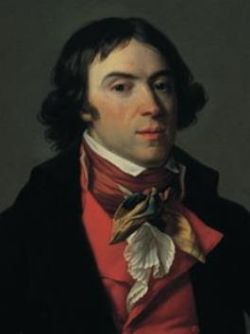 |
| Bertrand Barère |
 |
| Anti-Hindi Agitation of 1965 |
 |
| Karel Čapek |
 |
| Luxembourg Parliament building |
 |
| Svenska Dagbladet logo |
 |
| Morris Swadesh |
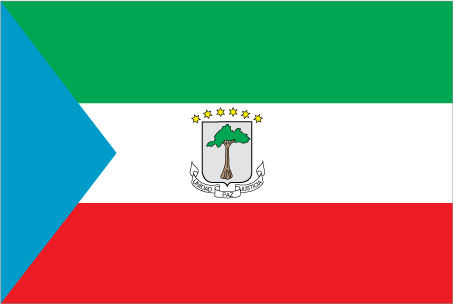 |
| Flag of Equatorial Guinea |
 |
| Saxony Government Palace |
| Victoria Fromkin |
 |
| Lucy |
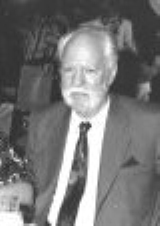 |
| Charles Hockett |
 |
| Queen Isabella |
 |
| Jorge Sampaio |
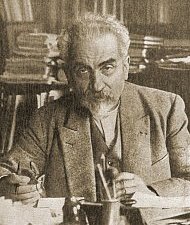 |
| Nikolai Yakovlevich Marr |
 |
| Paul Passy |
 |
| Mary Haas |
 |
| French parliament |
| Erwin Reifler |
 |
| Togo |
 |
| Ben-Yehuda |
 |
| Ivar Aasen |
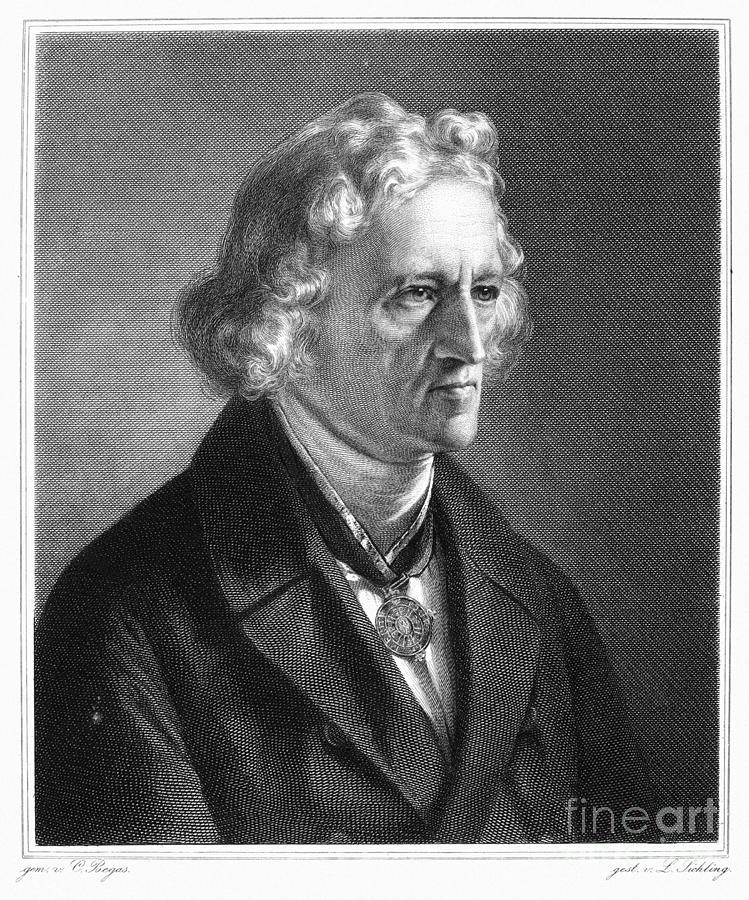 |
| Jacob Grimm |

 |
| Charles Lindbergh |
 |
| Seren Gomer |